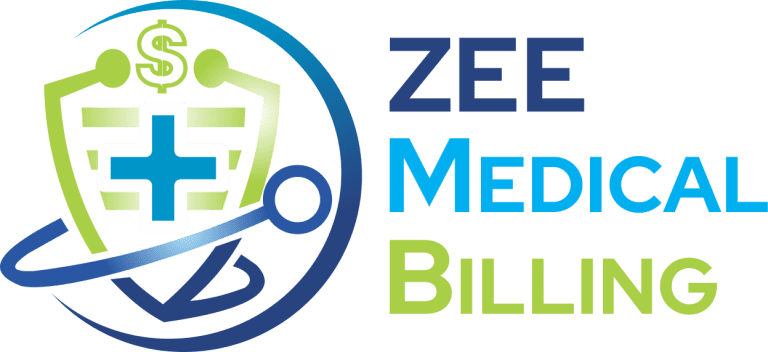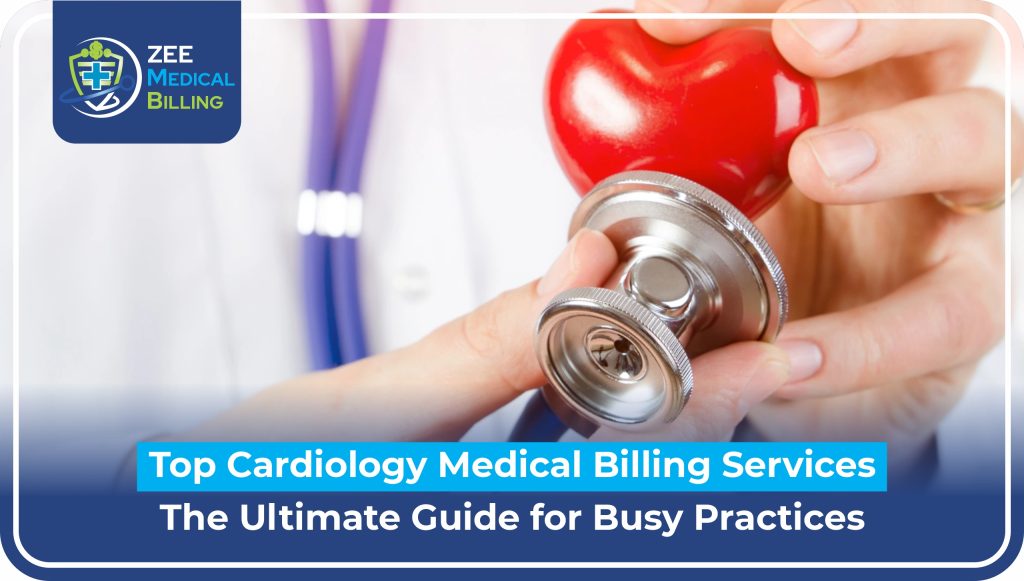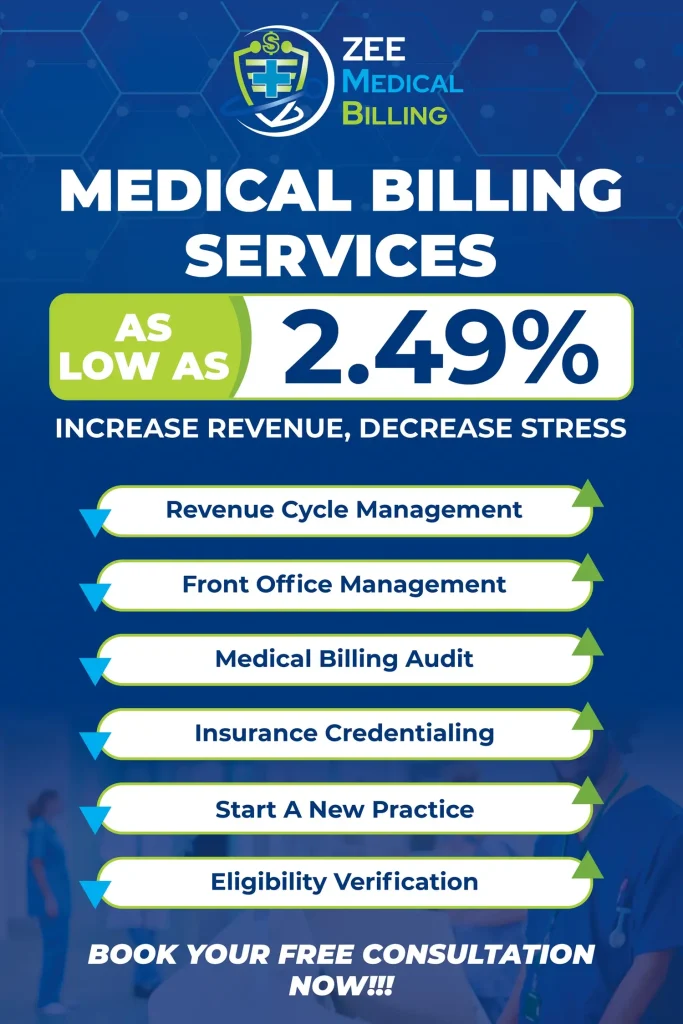Running a cardiology practice is no easy feat. Between patient care, diagnostic procedures, and constant follow-ups, billing often becomes a time-consuming burden. That’s where cardiology medical billing services step in to simplify the process and ensure that practices get paid on time. If you’re a busy cardiologist or practice manager, this guide will help you understand how professional billing support can transform your revenue cycle.
What Are Cardiology Medical Billing Services?
Simply put, cardiology billing services are specialized medical billing solutions tailored to cardiology practices. Unlike general billing, cardiology billing involves complex procedures, multiple diagnostic tests, and a wide range of CPT and ICD-10 codes. These services handle coding, claim submissions, denial management, and compliance, all designed to maximize revenue for cardiologists.
Why Cardiology Billing Services Matter
Cardiology practices deal with high-value procedures. Even a single mistake in billing can mean thousands of dollars in lost revenue. Professional billing services help by:
- Reducing claim denials through accurate coding.
- Improving cash flow by speeding up reimbursements.
- Ensuring compliance with strict healthcare regulations.
Challenges in Cardiology Medical Billing
Cardiology billing isn’t simple. Here are some of the hurdles practices face:
- Complex procedures and codes: From stress tests to angioplasty, coding requires precision.
- Frequent claim denials: Errors or missing documentation often delay payments.
- Regulatory compliance: HIPAA and insurance guidelines must be followed strictly.
Key Features of Reliable Cardiology Billing Services
A strong billing service should offer:
- Accurate coding with CPT, ICD-10, and HCPCS.
- Claim tracking and denial management to minimize revenue leaks.
- HIPAA-compliant processes to protect patient data.
How Cardiology Medical Billing Services Work
The workflow usually involves:
- Patient registration and insurance verification
- Medical coding and charge entry
- Claim submission to insurance providers
- Payment posting and denial management
- Financial reporting for transparency
Top Benefits of Outsourcing Cardiology Billing Services
Outsourcing billing to experts offers multiple benefits:
- Time savings so staff can focus on patient care.
- Revenue optimization through better reimbursement rates.
- Error reduction with trained coders handling the process.
Cardiology Billing Services vs. In-House Billing
Should you outsource or keep billing in-house?
- In-house billing works for large practices with dedicated staff.
- Outsourced billing is ideal for smaller practices or busy clinics that can’t afford errors or staffing issues.
- Outsourcing often proves more cost-effective and efficient in the long run.
Best Practices for Cardiology Medical Billing
To stay ahead, cardiology practices should:
- Keep coding teams updated on latest ICD-10 changes.
- Invest in advanced billing software for automation.
- Perform regular audits and staff training to minimize mistakes.
How to Choose the Right Cardiology Billing Company
When selecting a partner, consider:
- Experience in cardiology billing specifically.
- Use of technology for faster claim submissions.
- Customer support and transparent reporting.
Spotlight: ZeeMedicalBilling – Your Cardiology Billing Partner
ZeeMedicalBilling is a trusted name in cardiology medical billing services. With years of experience, they specialize in maximizing reimbursements for cardiology practices. Their team handles everything from coding and claim submission to denial management, so cardiologists can focus on patient care.
Latest Trends in Cardiology Medical Billing
The billing landscape is evolving:
- AI and automation are reducing manual errors.
- Cloud-based billing systems allow remote access and faster claim management.
- Enhanced security ensures patient data stays safe.
Cost of Cardiology Medical Billing Services
Costs vary depending on the billing company and services provided. Common models include:
- Percentage of collections (usually 4–10%).
- Flat fee per claim.
Factors like claim volume, specialty, and complexity influence the final price.
Common Mistakes to Avoid in Cardiology Billing
- Incorrect coding leading to denials.
- Incomplete documentation delaying claims.
- Neglecting denial management resulting in lost revenue.
Conclusion
For busy cardiology practices, outsourcing billing isn’t just a convenience, it’s a necessity. With specialized cardiology billing services, you can maximize reimbursements, reduce claim denials, and keep your practice financially healthy. Whether you choose to outsource or keep it in-house, one thing is clear: billing efficiency directly impacts patient care and overall practice success.
FAQs
1. What makes cardiology billing different?
Cardiology billing is complex due to multiple diagnostic and surgical procedures requiring precise coding.
2. How much do cardiology billing services cost?
Costs vary but usually range between 4–10% of collections or a flat per-claim fee.
3. Can billing services reduce denials?
Yes, professional billing services improve accuracy and manage denials effectively, reducing revenue loss.
4. Is outsourcing better than in-house billing?
For busy or small practices, outsourcing is more cost-effective and efficient than managing in-house billing.
5. How do I choose the right cardiology billing company?
Look for cardiology-specific experience, strong technology, HIPAA compliance, and transparent reporting.









